Another day, another science slay.
Prehistory enthusiasts will be happy to learn that researchers stumbled upon a flawlessly preserved dinosaur embryo nestled in a storage closet within a Chinese museum.
A preserved dinosaur embryo was discovered in a Chinese museum’s closet after a decade, providing insights into the Cretaceous period
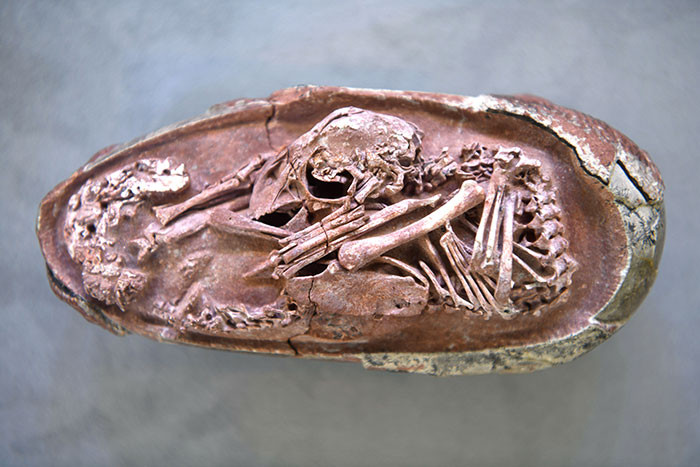
Image credits:Wang Dongming/China News Service/ Getty Images
Preserved in the cupboard for over a decade, the embryo remained unnoticed while it was concealing, this entire time, a remarkable link between modern birds and dinosaurs.
Discovered in 2015, this unborn oviraptorosaur specimen, resembling an ostrich with feathers, provided insights into the Cretaceous period, dating back approximately 72 million years.
Initially unearthed in 2000 at Shahe Industrial Park, it found its home at the Yingliang Stone Natural History Museum in Nan’an, China.

Image credits:Global News
But what caught scientists’ attention was not just its size but also its unique posture, setting it apart from other observed embryos.
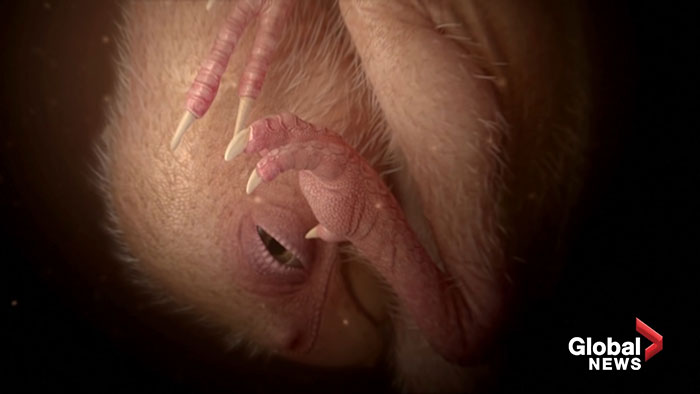
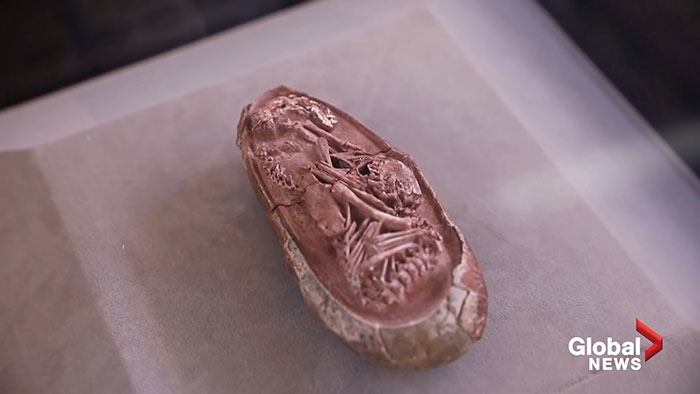
Its head rested below the body, feet on either side, and the back curled along the blunt end of the egg—an arrangement termed “tucking”.
The intact embryo exposes the links between dinosaurs and modern birds
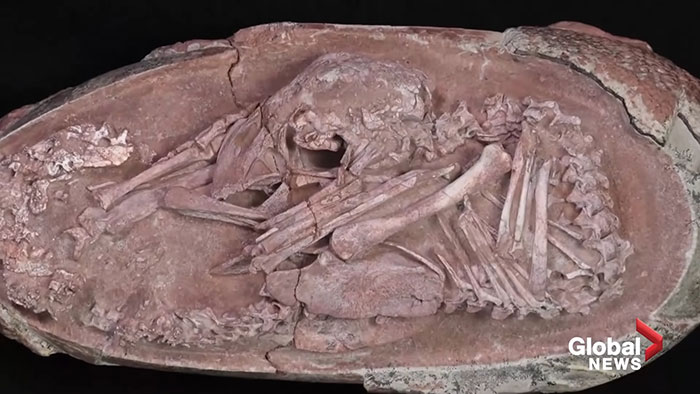
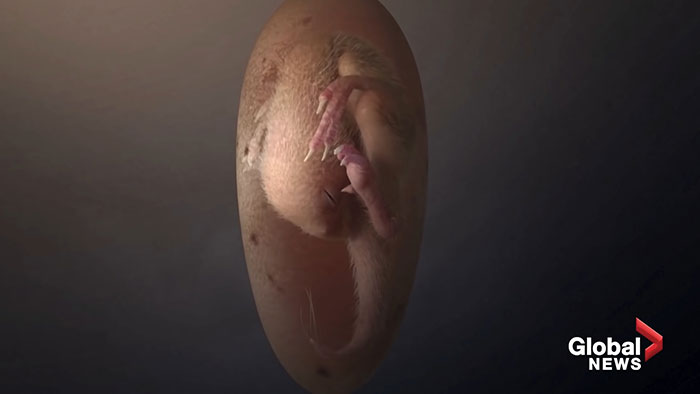
Interestingly, this posture is reminiscent of the positioning observed in modern-day birds.
In the 2021 study, it wasreportedthat such a posture was “previously unrecognized in a non-avian dinosaur, but reminiscent of a late-stage modern bird embryo”.
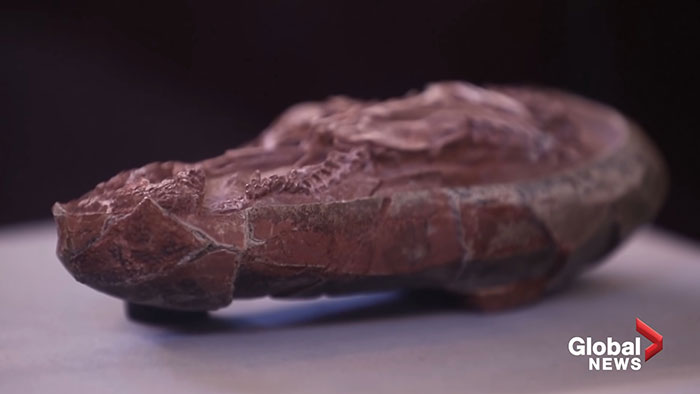
You can learn more about the fascinating discovery below:
The findings shed light on dinosaur growth and reproduction
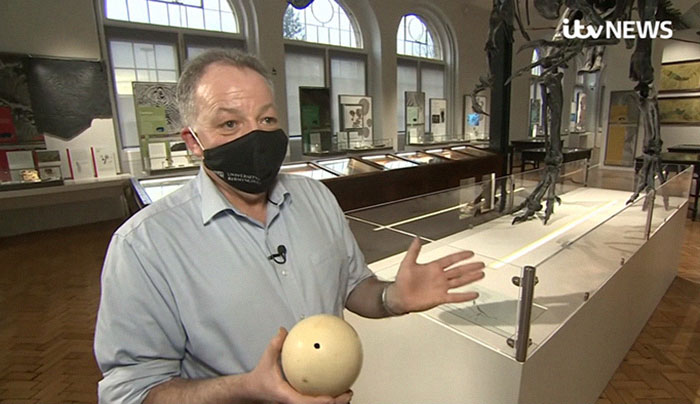
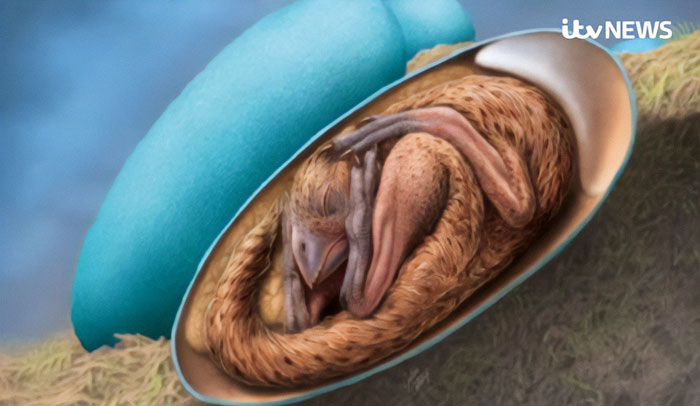
“It is interesting to see this dinosaur embryo and a chicken embryo pose in a similar way inside the egg, which possibly indicates similar prehatching behaviors.”
Scientists said it was “one of the most beautiful fossils ever seen”
Scientists continuously make groundbreaking discoveries illuminating the mysteries of ourprehistoricpast and the living beings that once roamed our planet.
In fact, a group of researchers recently successfully pieced together the mitochondrial genome of the long-extinctwooly rhinoceros (Coelodonta antiquitatis), through the use of 14,000-year-old hyena poop.
Certain individuals were worried the discovery could have unexpected consequences













 Lei RV
Lei RV
Renan Duarte
News